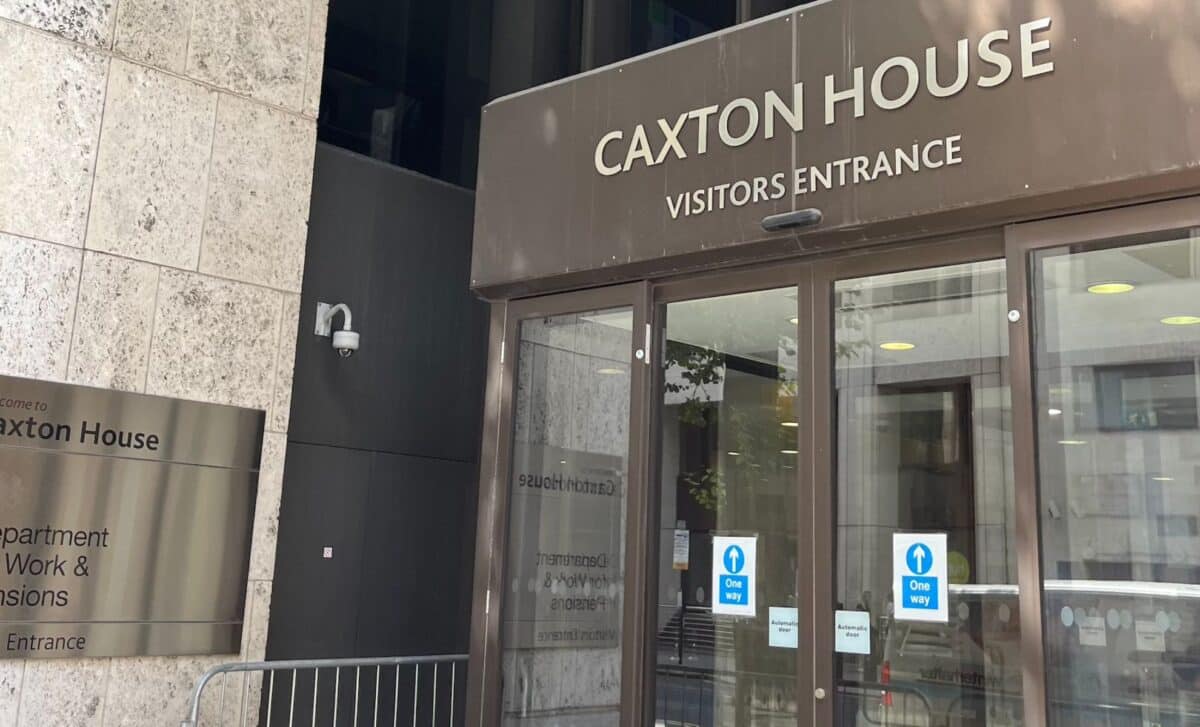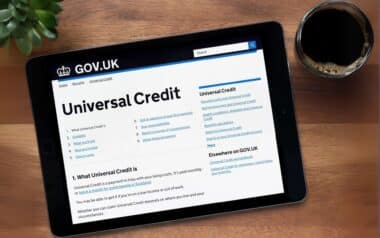A new Department for Work and Pensions (DWP) rule came into force on 30 April, reducing the amount that can be deducted from Universal Credit payments. The move is expected to leave claimants with up to £420 more per year.
The measure is part of the UK government’s broader reforms to alleviate financial strain on low-income families. Over one million households are set to benefit from changes aimed at easing debt repayment burdens.
Government cuts repayment cap to 15% of Universal Credit allowance
The DWP has introduced a key policy shift under the so-called Fair Repayment Rate, a new framework designed to increase the financial resilience of those on Universal Credit. Announced during the Autumn Budget by Labour Chancellor Rachel Reeves, the change officially came into effect on 30 April.
Under this policy, the maximum amount that can be deducted from a claimant’s standard Universal Credit allowance to repay debts has been reduced from 25% to 15%. This applies to deductions made for benefit overpayments, advances, or third-party debts such as rent arrears, court fines, and utilities.
According to the DWP, the measure will result in an average monthly gain of £35 per household, equivalent to £420 annually over the course of the 2025/26 financial year. The department said the policy aims to strike a balance between ensuring repayments are made and supporting claimants in meeting their day-to-day needs.
Debt deductions from Universal Credit have long been criticised by charities and support organisations, who argue they exacerbate financial instability.
Responding to the reform, Conor Lawlord, a benefits expert at Turn2us, noted: “These debts can accrue in several ways, including for Universal Credit and other benefit overpayments (even if the overpayment was made in error by DWP), benefit advances and recovering hardship payments.”
Child maintenance prioritised in revised debt hierarchy
Alongside the reduction in overall deduction rates, the government has also revised the deduction hierarchy—the order in which different types of debts are collected. The updated framework places a stronger emphasis on child maintenance payments, which will now take precedence over other forms of debt.
The move aligns with the government’s stated goal of reducing child poverty by ensuring that both parents contribute to their children’s upbringing. According to the DWP, child maintenance obligations will now be prioritised above less critical debts such as council tax or utility arrears.
While some deductions are voluntary, most are automatic and mandated by law, especially in cases involving arrears or third-party debts. The DWP retains the authority to act on behalf of creditors, making it one of the most powerful actors in public debt recovery.








